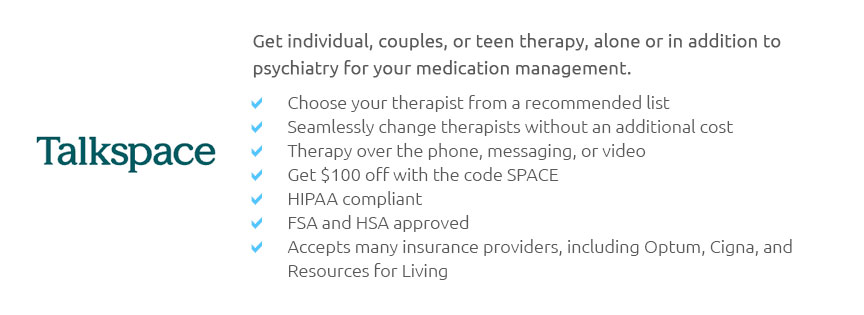 |
 |
 |
|---|
 |
 |
|---|
 |
|
|---|---|
 |
 |
 |
 |
 |
 |
 |
 |
 |
 |
 |
 |
 |
 |
 |
 |
|---|
Therapy for Compulsive Lying: Understanding and Overcoming the HabitIntroduction to Compulsive LyingCompulsive lying, often referred to as pathological lying, is a complex behavioral issue that can significantly impact personal and professional relationships. Understanding the root causes and treatment options is crucial for those seeking help. Signs and SymptomsRecognizing Compulsive Lying
Causes of Compulsive LyingVarious factors can contribute to compulsive lying, including psychological, emotional, and sometimes neurological issues. It's important to address these underlying causes in therapy. Therapy ApproachesCognitive Behavioral Therapy (CBT)CBT is a widely used method that helps individuals recognize and change distorted thinking patterns. This therapy can be particularly effective for compulsive liars. Interpersonal TherapyFocusing on relationships, interpersonal therapy helps improve communication skills and rebuild trust with others. For those in relationships, couples therapy marlton nj can be a valuable resource. Additional SupportSupport groups and individual therapy sessions with a therapist in durban can provide ongoing assistance and accountability. What to Expect in TherapyTherapy for compulsive lying often begins with an assessment phase to understand the extent and impact of the behavior. Treatment plans are then tailored to meet the individual's needs. Setting Realistic Goals
Frequently Asked QuestionsWhat is compulsive lying?Compulsive lying is a habitual behavior characterized by frequent and seemingly purposeless lies. It often involves a need to embellish or fabricate stories without clear motives. Can therapy help with compulsive lying?Yes, therapy can help individuals understand the root causes of their lying and develop strategies to change this behavior. Cognitive Behavioral Therapy and interpersonal therapy are commonly used methods. How long does therapy take to see results?The duration of therapy varies depending on the individual and the complexity of their issues. Some may see improvements in a few months, while others may require longer-term treatment. https://www.goodtherapy.org/blog/psychpedia/compulsive-lying/
Treatment for Compulsive Lying. People who lie compulsively are encouraged to seek the help of a qualified therapist. A therapist can help habitual liars ... https://yourlocalpsychiatrist.nyc/compulsive-lying-counseling/
Compulsive liars can have difficulty forming meaningful connections with others and suffer from fear of rejection or ... https://www.quora.com/Can-therapy-cure-a-pathological-liar-or-is-it-considered-an-incurable-condition
Lies and Lying: Can compulsive liars be cured? Yes, compulsive lying can be cured. I used to be a compulsive liar, in the sense that I loathed ...
|
|---|